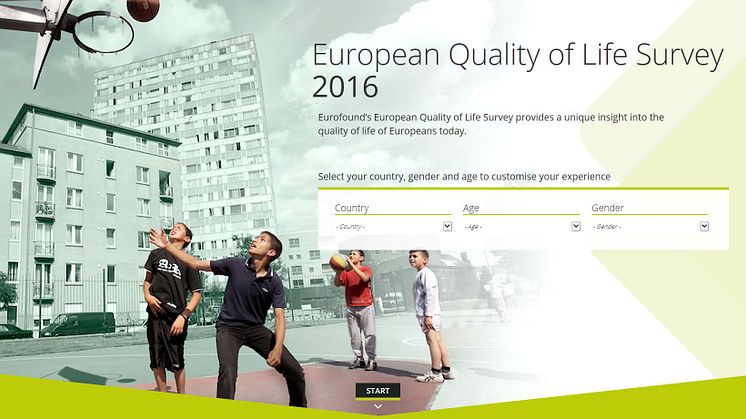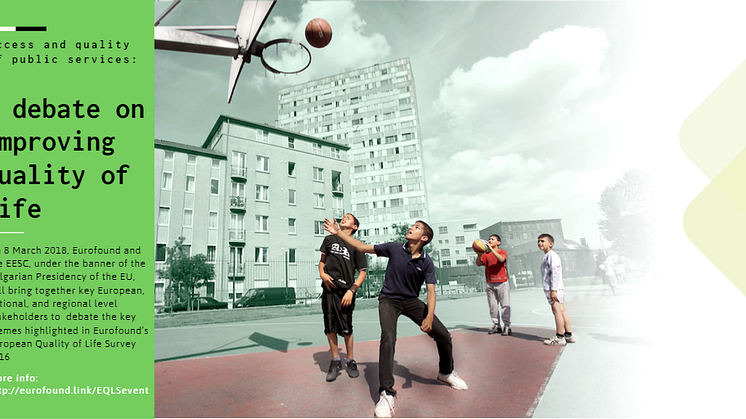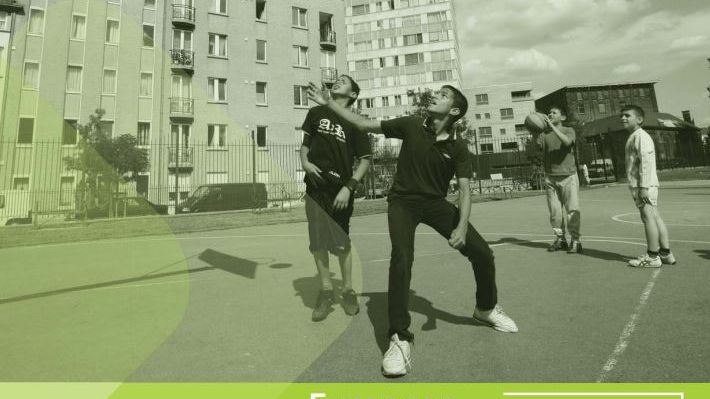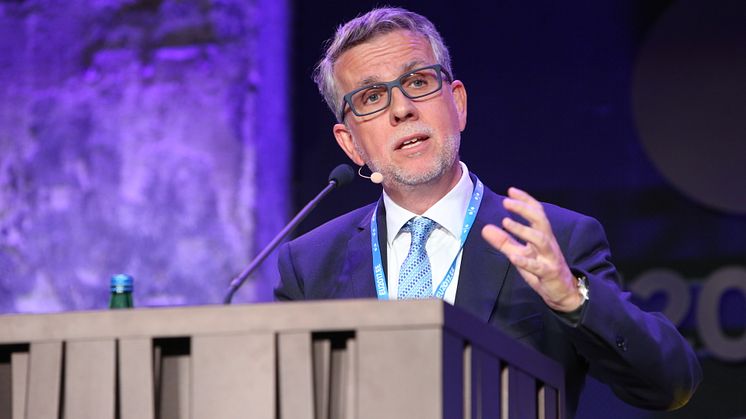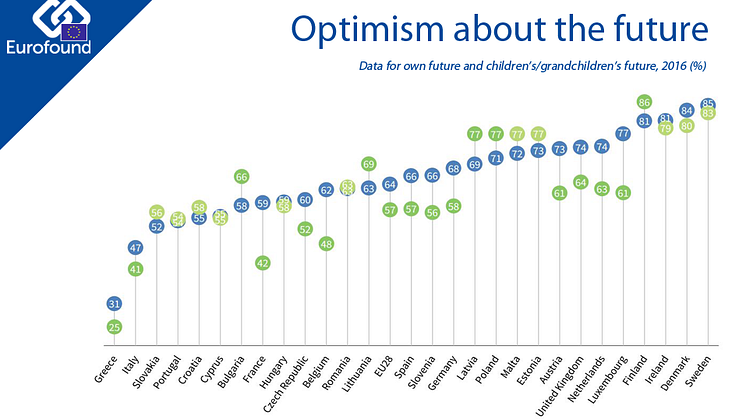
News -
Optimism about the future is up in the EU, but in some countries there are concerns for younger generations
Respondents in Eurofound’s European Quality of Life Survey (EQLS) were more optimistic about their own future in 2016 than they had been about the future in general in 2011. This growth in optimism can partly be attributed to the improved economic situation in Europe in the intervening years.
The 2016 EQLS, like previous surveys, asked questions about levels of optimism. However, this survey differed in that rather asking about general levels of optimism about the future, participants were asked about their own levels of optimism, as well as that of their children or grandchildren. This change could have partly contributed to the increased recording of optimism as by asking about their 'own future' it prompted participants to focus more on their own lives instead of considering long-term trends such as the environment or political unrest. However, in most countries, optimism about the future of younger generations is also higher than the general optimism levels reported in 2011.
In 11 countries, the difference between optimism about respondents’ own future and their children’s or grandchildren’s future is not significant. Among these are the countries with the highest optimism overall (Denmark, Ireland, Sweden) – but also countries with low overall optimism (Cyprus and Portugal). In five countries, but especially in Bulgaria, Latvia and Lithuania, people are more optimistic about the future of the next generations than about their own future. This may be explained by the fact that people in these countries have experienced considerable improvements in their overall quality of life in the past decades, providing hope for further improvements in the future.
However, in 12 other countries (led by France, Luxembourg and Belgium), people are more pessimistic about their children’s future than about their own. Most of the countries in this group are developed countries in western Europe. One possible reason contributing to this finding is that, in these countries, a generation has grown up that has experienced a decline in living standards following the recession. Other factors, such as worries about the environment or terrorism, may also play a part in these differences, but more research is needed to examine this.
Read more about perceptions of quality of life in the EU: European Quality of Life Survey 2016 Overview report



